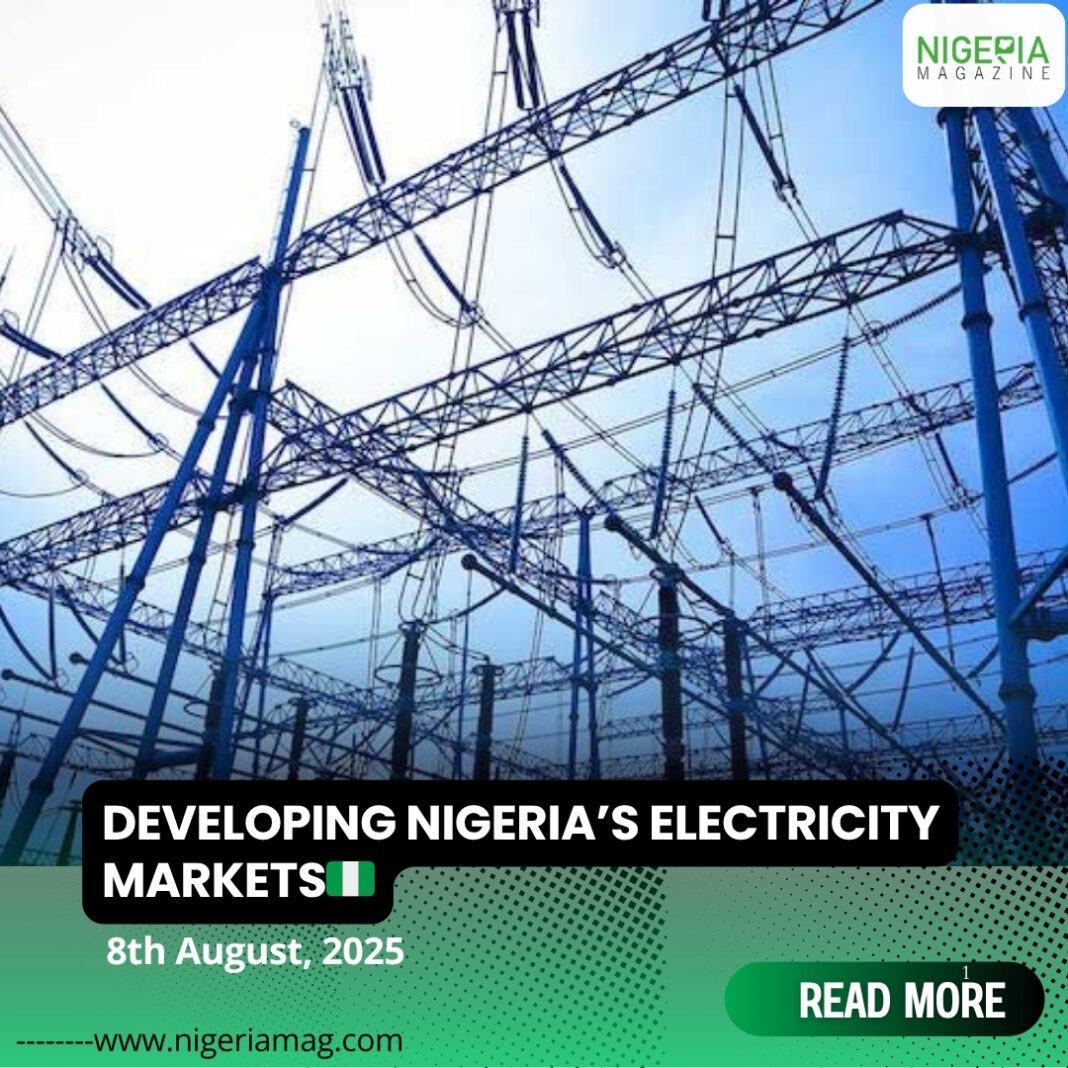Victor Ogiemwonyi article Marketconversations.Substack.com discusses the development of Nigeria’s electricity markets, focusing on the implications of the newly passed Electricity Act of 2024. It highlights the controversy surrounding the Enugu State Electricity Regulatory Commission’s decision to lower electricity rates charged by the distribution company in Enugu. He argues that uniform tariffs across Nigeria are not feasible due to differing cost structures in various states.
Key Points
Decentralisation: The Electricity Act aims to decentralize Nigeria’s electricity system, allowing more players and state regulation.
Enugu State’s Decision: Enugu’s regulatory commission lowered electricity rates, taking a “community approach” to make electricity more affordable for all users in the state.
Uniform Tariffs:The author argues that uniform tariffs (like the Band A rate of N209) across states like Lagos, Yobe, and Edo are incorrect due to varying cost structures.
Regulatory Role:The National Electricity Regulatory Commission (NERC) should regulate (set guidelines, ensure standards, protect consumers) rather than control prices.
Discriminatory Pricing: The Band system (A, B, C) is seen as discriminatory, allowing distribution companies to charge more without improving services.
Victor Ogiemwonyi supports Enugu’s approach, drawing parallels with the Laffer curve in economics, suggesting lower rates can lead to more inclusive and efficient outcomes.
His article critiques distribution companies for charging higher rates without service improvements and relying on Federal Government subsidies.


